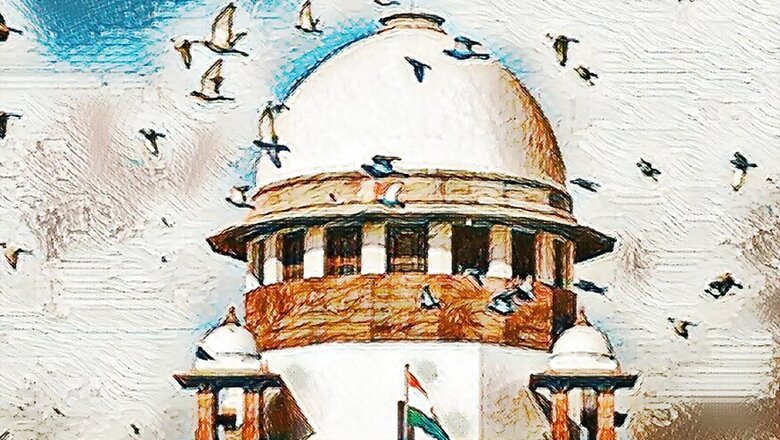
views
New Delhi: The Supreme Court has embarked upon proceedings to ascertain why those given free legal aid do not get proper assistance, and to devise ways to ameliorate this situation across the country.
A bench headed by Justice Uday U Lalit has sought responses from all the state governments and high courts to be able to come up with a uniform mechanism to cut such delays, and to ensure poor and needy are not deprived of their valuable rights because of laxity by legal aid lawyers.
“We deem it necessary that all the High Courts/State Governments and Union Territories be issued notices so that their views can also be considered before formalising and finalising any modalities,” said the bench, also comprising Justices Indu Malhotra and Krishna Murari.
It was in May 2017 when the top court acknowledged the rampant issue of inordinate delays in cases where the accused had been given services of lawyers free-of-cost under the legal services authority. Senior advocate Vibha Datta Makhija was appointed as the amicus curiae to assist the court in chalking out ways how these delays could be prevented since it directly impacted valuable rights of the accused, including life and liberty.
Subsequently, views of the National Legal Services Authority (NALSA) — the apex body for providing legal aid — were also sought by the court for laying down a step by step procedure so that an accused is immediately informed about an adverse court order; to seek whether he intends to file an appeal; inform the accused of his right to legal aid, and taking steps to ensure that an appeal is timely filed.
Later, the amicus in consultation with NALSA laid down an elaborate scheme on free legal aid. The bench then ordered for setting up a committee comprising of officials of Bureau of Police Research and Development (BPR&D), Ministry of Home Affairs (MHA), National Informatics Centre (NIC) and one expert, to be suggested by the amicus curiae, to fine tune the suggestions.
The finalised version of the suggestions has now been submitted in the court, which decided to seek views of the states and high courts as well so that the new scheme could be implemented country-wide. The bench has asked the Supreme Court registry to get in touch with the lawyers of all the states immediately.
“We therefore, direct the Registry and the SCLSC to serve soft copies of the note and suggestions prepared by learned amicus curiae along with joint report of NALSA and the amicus curiae upon learned counsel, who normally appear for the concerned High Courts as well as upon learned standing counsel for the States and Union Territories,” ordered the bench, fixing October 24 as the next date.












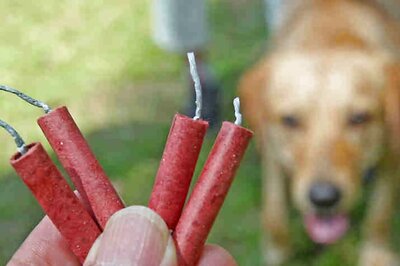
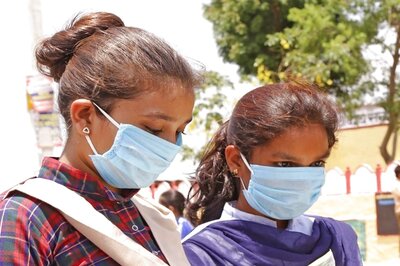
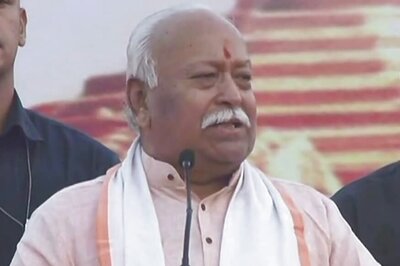

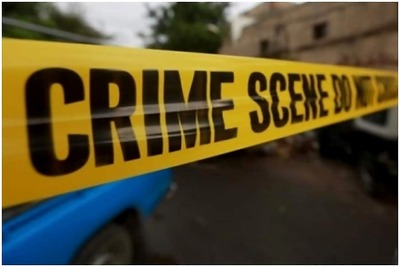

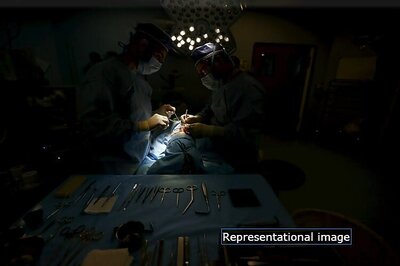
Comments
0 comment